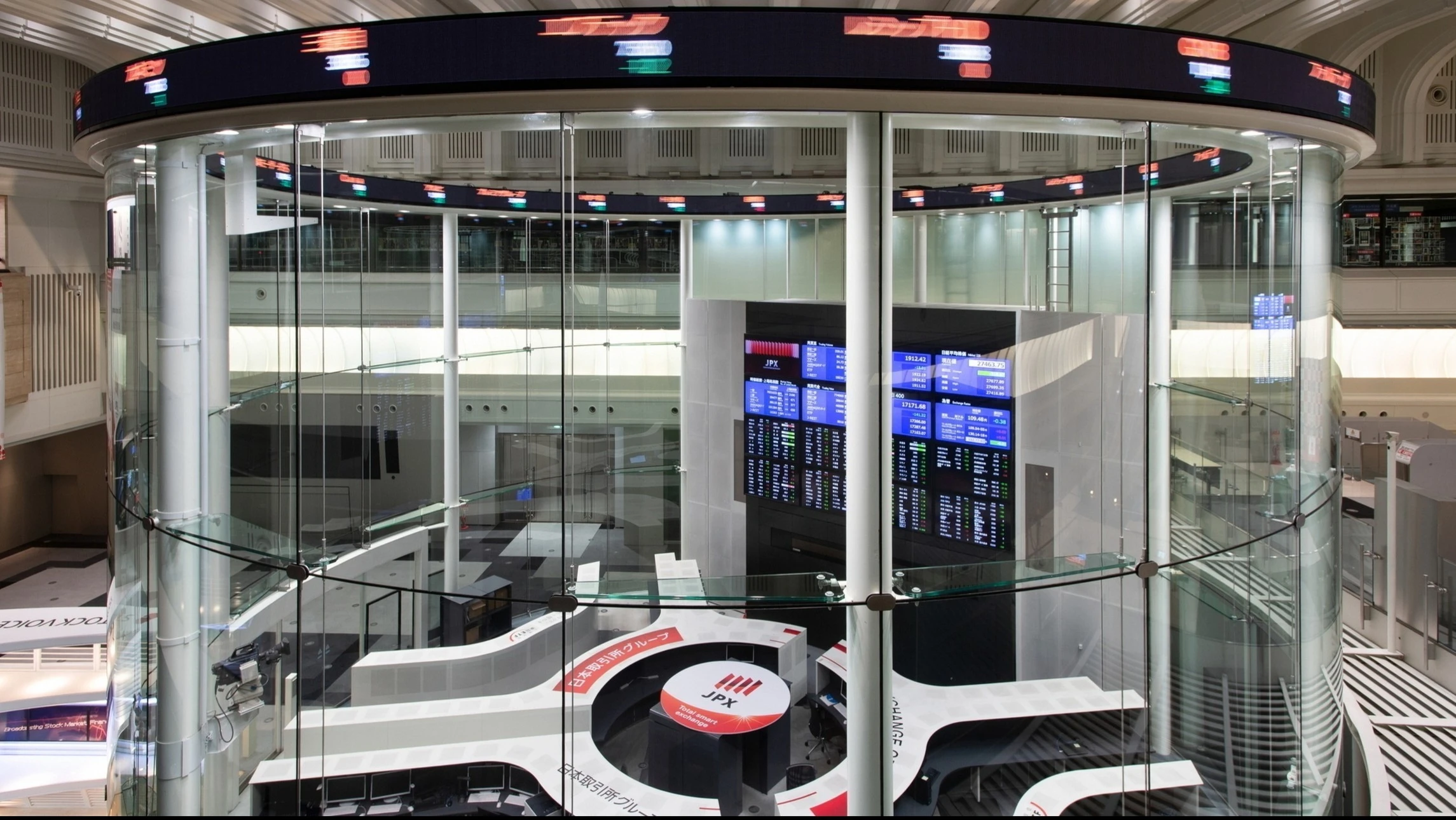Nikkei rises above 45,000 points for the first time. What is driving Japanese stocks upward?
Shares of Tokyo Electron, a manufacturer of equipment for microchip production, became the leader of growth

Japan's benchmark stock index Nikkei for the first time crossed the 45 thousand points mark on the eve of meetings on monetary policy of the U.S. Federal Reserve and the Bank of Japan. Growth at the opening of trading after a long weekend contributed to the rally in shares of U.S. technology companies, which was reflected in the securities of Japanese semiconductor manufacturers.
Details
During the morning trading session on September 16 in Tokyo, the Nikkei 225 rose for the first time to 45,055 points - 0.6% above Friday's closing level. Later, the growth slowed down as investors began to take profits. On Monday, September 15, Japan's stock market was closed due to the celebration of the Day of Honoring Elders.
Shares of chip equipment maker Tokyo Electron led the growth, rising by 3% in the first minutes of trading. Shares of chip testing equipment maker Advantest and technology giant SoftBank added 2% each before correcting.
The dynamics of these shares was a reflection of the rally in the technology sector in the U.S.: U.S. investors actively bought shares in the belief that the Fed at a meeting on September 17 will decide to reduce interest rates, writes Nikkei Asia. The Bank of Japan, on the other hand, is likely to refrain from raising rates this week amid growing political uncertainty in the country, the publication notes.
What Wall Street is expecting from the Fed
Hopes that the Fed will resume the rate cut cycle this week after a nine-month pause have supported positive sentiment on Wall Street in recent sessions. Equally important for the markets will be the rate forecasts of the US Central Bank members and comments from Fed Chairman Jerome Powell on the scope and pace of further monetary easing. Futures markets are already pricing in a 127 basis point rate cut by July 2026, so any scenario other than a dovish one will disappoint investors, according to Reuters.
What the analysts are saying
The Federal Reserve's expected interest rate cut this week could hurt stocks if it is perceived as a concession to White House pressure and falls short of the central bank's own economic forecasts, said David Kelly, chief global strategist at JPMorgan Asset Management. Stock and bond investors on Wall Street, who are enthusiastically awaiting the Fed's decision, should take a more cautious stance and consider diversifying portfolios after the rally, Kelly said.
"If the Fed's decision this week is seen as a concession to political pressure, it will create a new level of risk for U.S. financial markets and the dollar," Bloomberg quoted a JPMorgan strategist as saying. In his opinion, "markets are overheated," and easing monetary policy now will weaken demand rather than increase it, which "will ultimately have a negative impact on stocks, bonds and the dollar."
Kelly is not alone in his prediction that Wall Street's record equity rally could end once the Fed resumes cutting rates. Strategists at Morgan Stanley, JPMorgan Chase & Co. and Oppenheimer Asset Management also warned that bullish sentiment could be replaced by a more cautious approach as investors' focus shifts to the risks of a slowing economy.
This article was AI-translated and verified by a human editor
